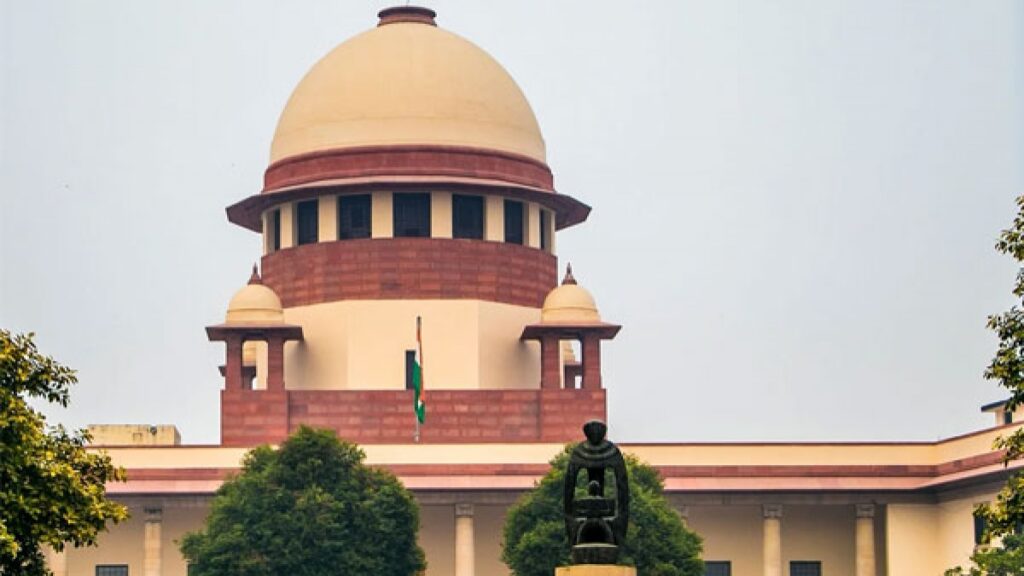Nithyakalyani Narayanan. V
The Supreme Court ruled on February 15 that unrestricted corporate funding goes against free and fair elections, in addition to invalidating the electoral bonds. In its ruling that the electoral bond plan is unconstitutional under Article 19(1)(a) of the Constitution, the Supreme Court emphasised the importance of the right to information in a democracy. The top court found the amendment made to Section 182 of the Companies Act, which allows firms to make limitless political payments, to be blatantly arbitrary in its 232-page ruling.
The Supreme Court also mandated that the donors, amount, and recipients of the electoral bond be made public by March 13 in a historic decision that came only months before the Lok Sabha elections.
Under certain restrictions, Indian firms were permitted to contribute money to political parties under the revised Section 182 of the Act. The Finance Act of 2017 brought about a number of changes, one of which was the elimination of the previous ceiling on corporate contributions to political parties, which stood at 7.5% of the average profits of the three previous fiscal years. Additionally, it was no longer necessary for businesses to reveal the identities of the political parties to which contributions were made in their profit and loss statements.
The Court established that due to the close relationship between money and politics, an economically affluent person has a higher ability to make financial contributions to political parties. Additionally, there is a plausible chance that such contributions could result in quid pro quo agreements. It further explained that for citizens to have a say in how their lives are impacted, they must have access to knowledge that can significantly alter their choices, therefore democracy and free and fair elections depend critically on the right to know. The judgment states that in order for a voter to successfully exercise their right to vote, they must be aware of the financing sources for political parties.
Click here to access the previous article on electoral bonds.

